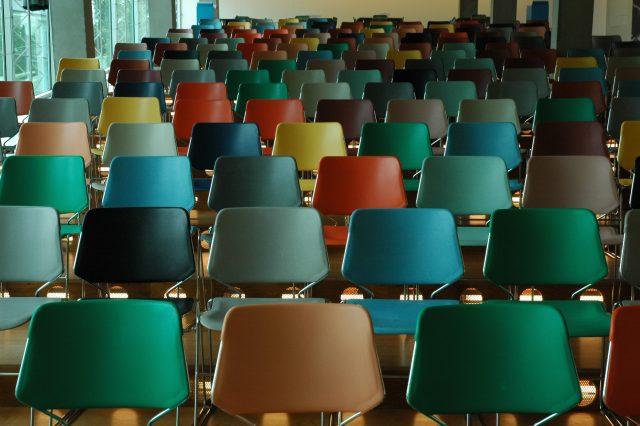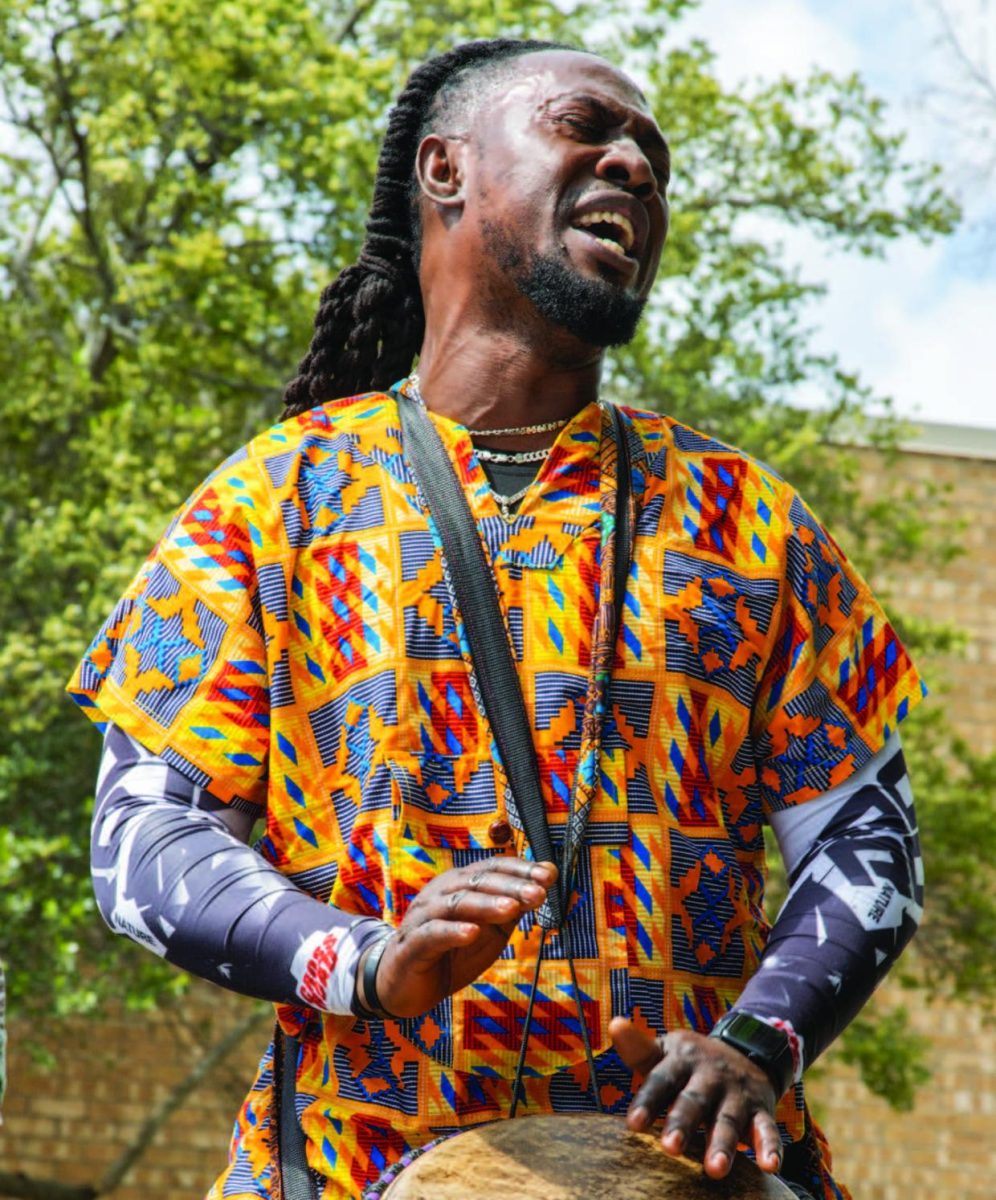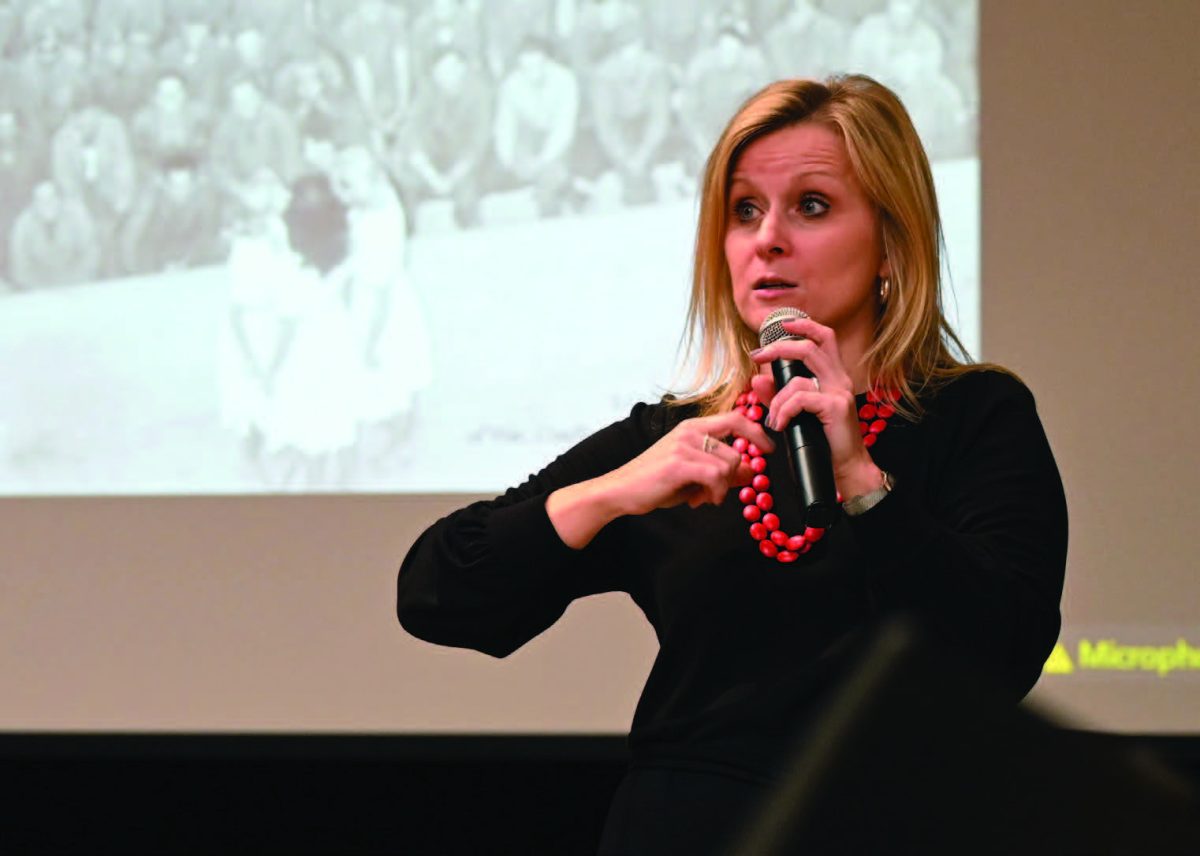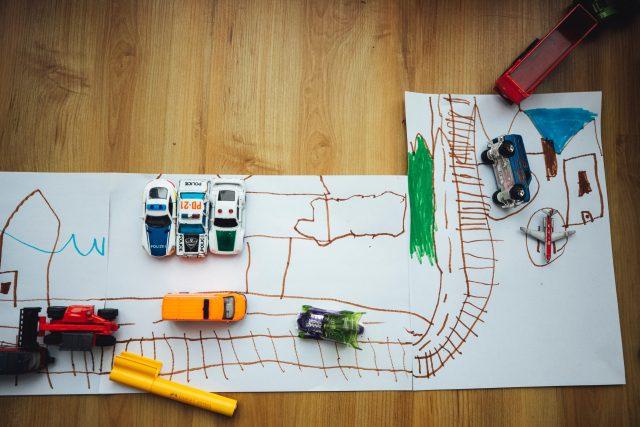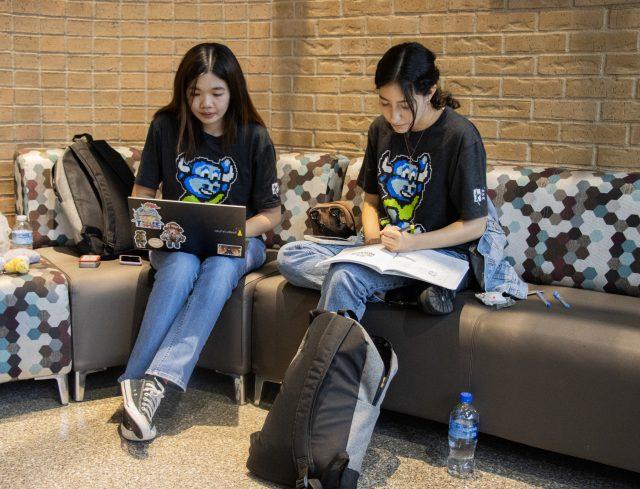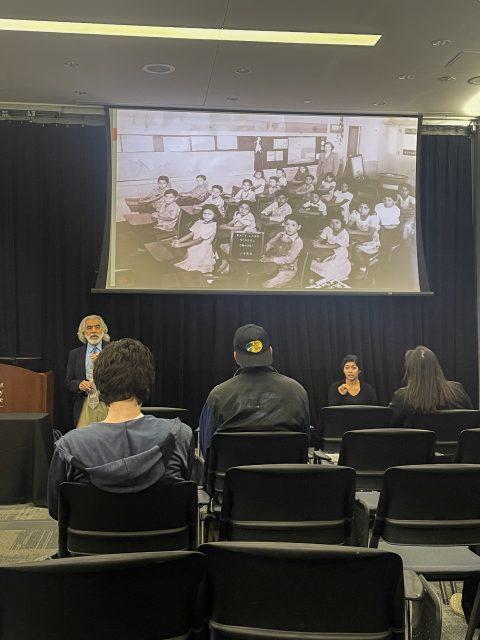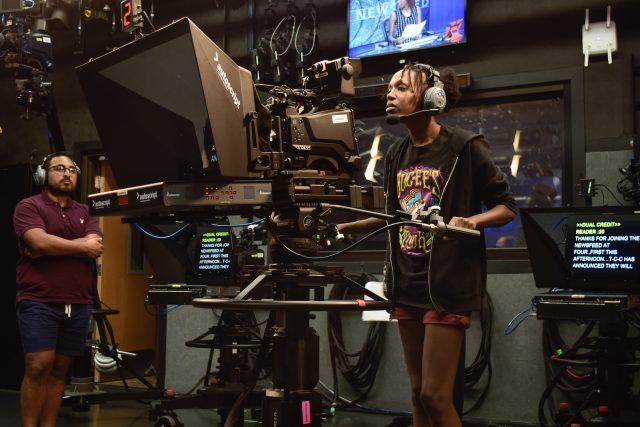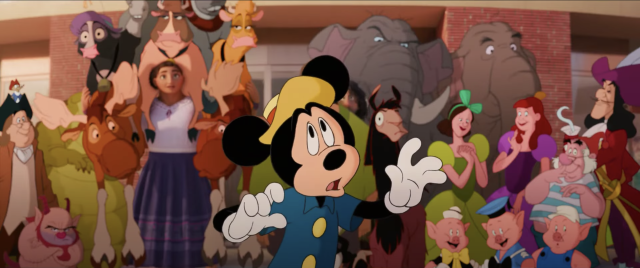HUDA QURESHI
staff reporter
collegian.editor@tccd.edu
NE Campus students were given a platform to explore race and community at the “What Are You” event held by the Intercultural Network.
Browyn Beasley, one of the leaders of the Women of Color collaborative, began the Oct. 10 event with a speech on racial ambiguity. She spoke about the intention behind the question: “What are you?”
“They are not asking me who I am, what I do, or what makes me, me. They are asking about my race,” Beasley said.
She looked to the crowd and asked if anyone had similar experiences of being asked about their race by a stranger. More than half of the audience raised their hands.
“A lot more hands than I was expecting. Interesting,” Beasley said. She then flipped the question on the crowd. “On the other hand, how many of you have asked a stranger about race or ethnicity?”
Again, the majority of the room raised their hands.
“It may be subconscious. Many of you believe that you’re trying to get to know that person better. But is that always the case?” Beasley said, “Today, I would like to challenge you in thinking that you may have been trying to stereotype them.”
Emily Mushohwe, a chemical engineering student on NE campus has experienced this kind of stereotyping. When she moved from London to Zimbabwe, she had trouble fitting in as her parents did not teach her the traditional African customs.
“They were calling me ‘white lady ’because I’m not doing the proper African cultural things that I’m supposed to be doing,” Mushohwe said.
Mushohwe said that people would consider her to be too white in Zimbabwe.
“It got to the point where even one of my teachers wrote in my report that she’s a really good student, but she’s just too white for our liking,” she said.
Nicholas Lolin who is studying Radio, Television and Film on NE Campus said that he is not interested in being labeled.
“Throughout my upbringing, I told myself I would not associate with these labels. I will like what I like, I’ll do what I do, I’ll be who I am. I’ve refused to tell people all the things that they ask to try to connect because I would much rather you ask the real questions about my life instead of labels,” Lolin said.
Beasley recounts times she has been asked about her race in a reductive way and what bothered her about it.
“When someone is asking about my race, it becomes very clear when they reply with ‘Well, where are your parents from?’…they are not referring to where I grew up or interested in something that we may have in common, they are trying to figure out what makes us different,” Beasley said.
She said that the key is reframing the intention behind the question: “What are you?”
“Ask yourself, am I going to alienate you with this question or am I going to connect with you?” Beasley said. “When I have asked in the past about someone’s race…my intention or motive was to find things in common with this other person.”
Beasley said that it is important to practice compassion to achieve mutual understanding.
“It’s crucial for every party involved, to put aside pride and be open to learning,” she said.
She said that even though society is becoming more diverse, there is still an issue with being respectful about race.
“Has anybody ever been told that you act outside of your race or unlike your race before? Interesting, right? Who’s that? Who are you to define that for me? It is no one’s right to define who you are,” Beasley said.
She emphasized her point about being mindful of intentions when asking questions about race.
“Next time you feel compelled to ask about someone’s race, or any other personal question relating to their identity, ask yourself if this is an appropriate time,” she said. “If someone seems hesitant to respond to a certain line of questioning, change the narrative, make your intention connection.”
She opened the floor to audience members, encouraging them to share their thoughts and experiences and closed the evening by stating that the event was held to create community.
“I would have never felt that there are so many people with the exact same experience as me, which is just further proving no one is unique,” she said. “It’s all been done before.”


















